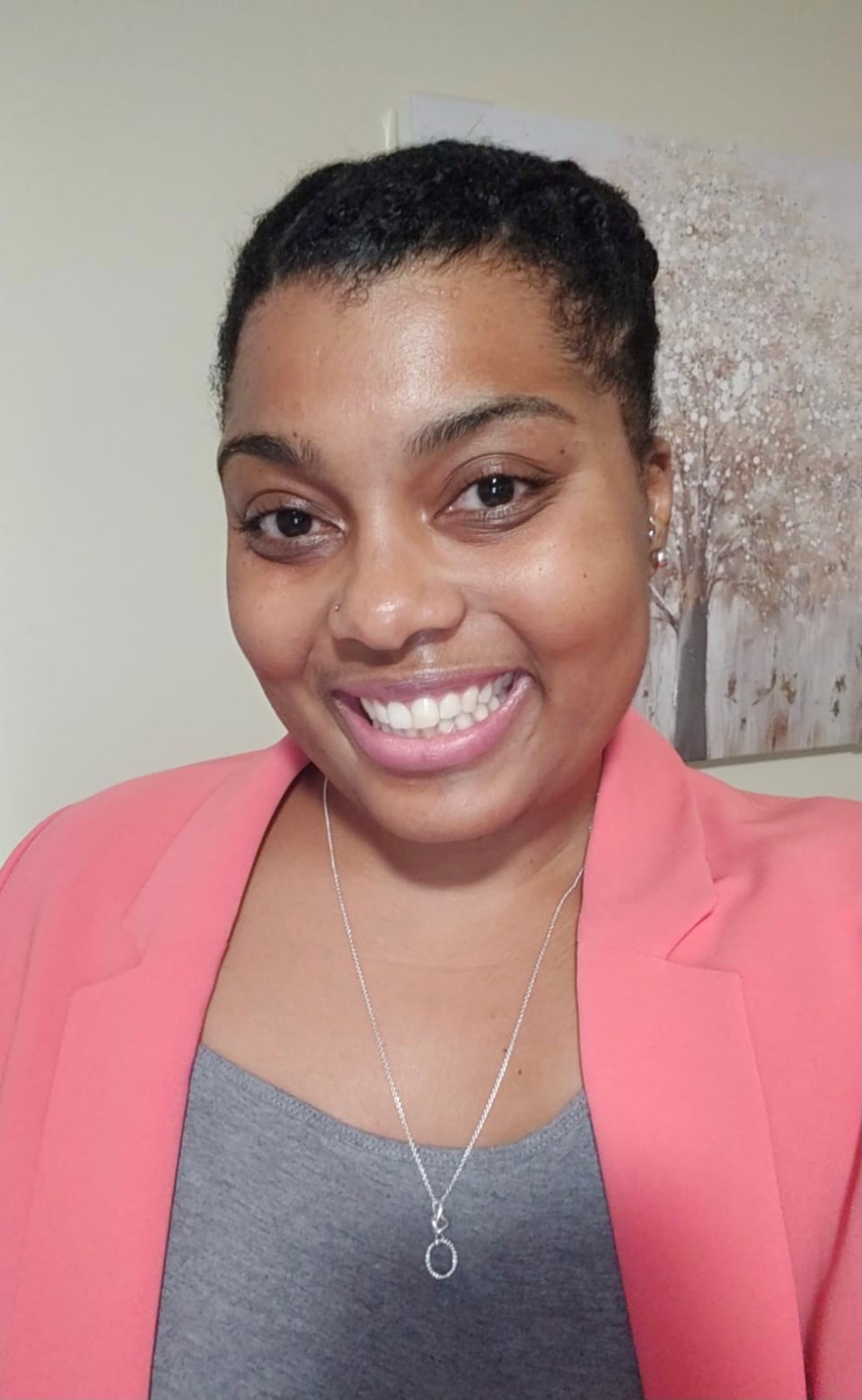Think of a time you were discriminated against, felt oppressed or marginalized. Think how that made you feel.
That’s how Malissa Bryan of Rainbow Diversity Institute invited us into an online workshop on equity, diversity, and inclusion that I recently took part in as a GAC board and committee volunteer. The workshop was one of the actions GAC pledged to do as part of its commitment to anti-racism.
“The best place to start is with ourselves,” Malissa said.
People in our group recalled incidents of body shaming, sexual harassment and being “pulled over” at the airport. They said they felt anger, shame, depleted self confidence, sadness, fear, disappointment, and a sense of invisibility. I was imagining what it would be like if that happened to me every day.
Racism is an uncomfortable topic, but Malissa was a welcoming and encouraging host. “We are all learners,” they said, pointing out that they continue to learn even as they complete a PhD in this area. “Things are always changing. Something that was okay to say 10 years ago or even two years ago may not be okay to say now. It’s okay not to have the right answer or the vocabulary.”
In a quick survey of why we were here, GAC board, staff, and committee members said they came to learn where their individual “blind spots” are, as well as how to make GAC a more inclusive organization.
As facilitator, Malissa said they were here to provide more tools, more language, and a greater perspective of ourselves and those around us.
What is power?
Part of the discussion revolved around power, which is often about who has access to resources or opportunities. We learned that another form of power is deciding whose knowledge is seen as legitimate. Malissa gave the example of a natural healer versus an MD. Similarly, some communities might be seen as legitimate in the arts but not in the larger society.
Malissa invited us to think about how our power changes over the course of the day: at work, in the variety store, at home. Does it change with how you are dressed? When you are a powerful person in the room, use that power to speak up and to amplify the voices of others who are less powerful.
Our group noted that when it comes to applying for arts grants and awards, being able to communicate fluently in English creates power, and being able to do so in writing is even more significant during the pandemic.
What is privilege?
We also looked at privilege in systems, individuals, and groups. Malissa noted that discussions of white privilege can be uncomfortable. “It’s one of those phrases no one wants to say or hear, but it’s important to talk about. Even if you are anti-racist, as a white person you will still benefit from white privilege. You can’t escape it,” Malissa said. Similarly, “all non-Indigenous folks on this land benefit from colonialism even if we don’t want to.”
We discussed that fact that white privilege doesn’t necessarily mean having more. A white person can still be on the margins or experience oppression, but it’s not because of their whiteness.
We also talked about microaggressions, the ways people are invalidated and minimized, which could apply to racism, sexism, or ableism. Malissa gave examples like “Oh, you speak so well” or “Is this your first winter here?” These kinds of comments slowly chip away at people’s feeling of belonging.
What is anti-racism?
A big takeaway for this group was that anti-racism is action — not just good intentions. That means speaking up when it’s not popular or it might hurt your career. For example, calling out a racist comment during a meeting, not just going up to the subject after and saying, “I’m sorry that happened to you.”
On closing, participants said they enjoyed having a chance to discuss these topics together. We know that this is just one step in educating ourselves. Malissa said the work never ends and that’s okay: “Don’t be discouraged by it and do be open to criticism, because that’s how we learn.”
This Content is made possible by our Sponsor; it is not written by and does not necessarily reflect the views of the editorial staff.

